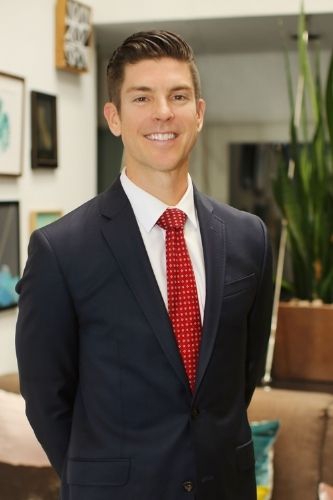Wrongful death cases are always difficult, but they are even more so when they involve the death of a child. Our clients in this case were the immediate family members of a seven-year-old boy who was tragically struck by a car and killed while crossing the street.
The At-Fault Driver Had Minimal Insurance
The driver was clearly at fault for hitting the boy, who entered the street between two parked cars on a road inside an apartment complex. The driver's insurance company paid the policy limit, but the driver only carried $15,000 in auto liability coverage. This amount was nowhere near enough to compensate our clients for the loss of their child, their enjoyment of the relationship with him, and all future losses caused by his wrongful death.
Fortunately, The State of California recently passed a law allowing surviving family members to recover pre-death pain and suffering damages—an avenue of recovery that wasn't available in wrongful death cases before. As of January 2022, California residents can bring a suit on their own behalf for the loss of enjoyment of the relationship, but also on behalf of the victim for the time the deceased spent suffering between the incident and the time of death.
Getting the Apartment Complex to Accept Liability for the Tragedy
As we looked deeper into the circumstances of the crash, we found that the apartment complex bore a lot of responsibility for perpetuating hazardous conditions on their property. The complex had a small shop on the premises where children often went to buy candy. The boy in our case was taking a common shortcut that many children took to the shop, one that the apartment complex knew about. Although they were aware that kids were crossing in this area, the apartment complex operators didn't take steps to warn drivers and parents—or post signs advising children not to enter the street from between parked cars.
Apartment complexes have a duty to consider how the apartment complex is being used and where people are walking, especially an apartment complex with a high percentage of young children. In this situation, 80% of the people living in the apartment complex were families, and the complex's marketing materials advertised the facility as a good place to raise children. If a business claims to be family-friendly and takes rent money from parents, it must take extra special precautions to keep these people safe.
The Complex Responds by Blaming the Parents
Shockingly, the apartment complex and their insurers attempted to escape liability by claiming the boy's mother should have been watching her child more carefully. This is always a risky accusation for insurers to make since juries can look unfavorably on big corporations blaming grieving parents. We made it clear that the parents were brokenhearted by the loss of their son, and there were strong relationships between the family members. The truth is that kids don't have the same level of self-awareness when it comes to safety, and the apartment complex had a duty to make the property safe for everyone.
We had a lot of proof on our side that emphasized the negligence of the apartment complex. For one, the complex knew the makeup of its tenants, and there were a lot of existing complaints regarding the safety of kids from other issues in the apartment complex. Second, we performed a deep analysis of the parking and safety design of the complex and had evidence of prior complaints and incidents that occurred in the parking structure and the parking areas. Finally, we established that the complex's duty to correct unsafe conditions was triggered by their receiving notice of unsafe conditions, but they had failed to address them. They knew the case would likely not go their way in court, and we settled the case for $3.2 million.
Let a California Wrongful Death Attorney Fight for You
If someone you love was killed due to someone else's negligence, you need time to grieve your loss and come to terms with what has happened. Case Barnett Law is here to take all legal matters off your plate while you take the time you need to heal. Please call our office at (949) 409-0055 or contact us online to begin your free and confidential consultation.

